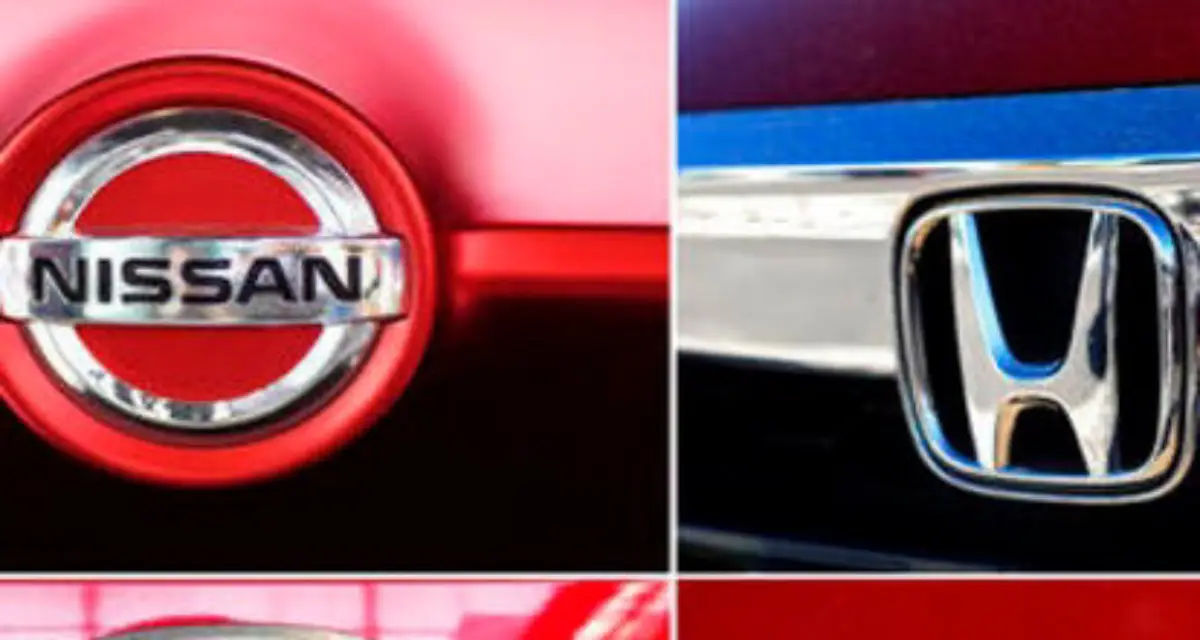
Nissan and Honda Explore Strategic Partnership in EV Software and Charging Infrastructure

Nissan and Honda Explore Strategic Partnership in EV Software and Charging Infrastructure
In a significant move to bolster their positions in the rapidly evolving electric vehicle (EV) market, Japanese automakers Nissan Motor and Honda Motor are reportedly in talks to collaborate on standardizing automotive software and enhancing EV charging infrastructure. This potential partnership aims to streamline their operations and reduce costs, positioning both companies as stronger contenders in the fiercely competitive global EV landscape.
Nissan, who introduced the industry’s first mass-produced electric car, the Nissan Leaf, in 2010, and Honda targeting perfection with their highly engineered cars, are no strangers to future thinking. That was the case until the dynamics of the automotive industry changed, with electrification driving changes in these car manufacturing behemoths.
According to a report by the Nikkei newspaper, both companies are exploring the development of a unified operating system for their vehicles. This collaborative effort is expected to significantly cut down costs associated with software development and maintenance. By sharing the development of core technologies, Nissan and Honda could potentially accelerate their transition to electric mobility while maintaining their competitive edge.
Beyond software, the collaboration may extend to EV charging infrastructure, an area that remains a critical bottleneck for the widespread adoption of electric vehicles. The Nikkei report suggests that Nissan and Honda are considering joint efforts to expand and improve charging networks, both in Japan and internationally. This move would not only benefit their customers by providing more accessible and reliable charging options but also enhance the overall appeal of their EV offerings.
With the global EV market poised for exponential growth, robust charging infrastructure is essential to support the increasing number of electric vehicles on the road. By leveraging their combined resources and expertise, Nissan and Honda could play a pivotal role in shaping the future of EV charging, thereby increasing their competitiveness against industry leaders like Tesla and emerging Chinese and South Korean manufacturers.
The potential partnership comes at a crucial time for both companies. Nissan and Honda have faced significant challenges in key markets, particularly in China, where consumer preferences have rapidly shifted towards affordable, software-rich EVs from local brands such as BYD. In the first five months of the year, Nissan’s EV sales accounted for just 3.5% of its total sales, highlighting the urgent need for a strategic pivot.
Makoto Uchida, Nissan’s CEO, has expressed openness to collaboration across various regions, indicating that this partnership could have a global reach. While Nissan and Honda have not confirmed the specifics of their collaboration, their willingness to explore joint initiatives underscores the changing landscape of the automotive industry, where cooperation is increasingly seen as a pathway to innovation and efficiency.
As the EV market continues to expand, the challenges facing traditional automakers are multifaceted. From advancing battery technology and enhancing vehicle range to addressing infrastructure gaps and integrating sophisticated software, the journey towards sustainable mobility is complex and demanding.
For Nissan and Honda, aligning their efforts in software development and charging infrastructure represents a strategic response to these challenges. It reflects a broader industry trend where partnerships and alliances are becoming essential for navigating the intricacies of the EV transition.
While details of the potential partnership remain under wraps, the prospect of Nissan and Honda joining forces offers a glimpse into a future where collaboration drives progress in the automotive sector. As they explore synergies and shared goals, both companies are poised to not only reduce operational costs but also enhance their capacity to deliver cutting-edge EV solutions to a global audience.
In an era where innovation is key to survival and success, the partnership between Nissan and Honda could serve as a blueprint for how traditional automakers can adapt and thrive in the new age of electric mobility. As the world watches, this potential collaboration could set the stage for a new chapter in the storied histories of two of Japan’s most iconic automotive brands.
Also Read: